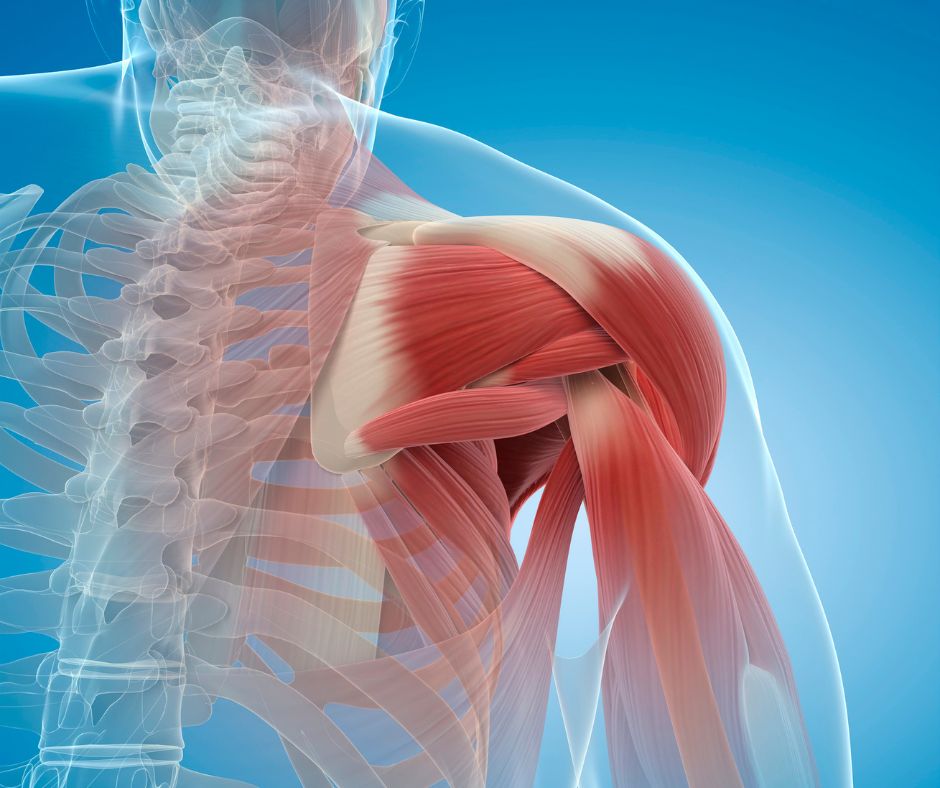Are you Strong Enough?
Strength is an integral component in the assessment of many client groups and is often found to be a major factor contributing to injury. Many injuries that we see and treat in-clinic are often due to significant reductions in strength. Therefore, testing muscle strength is an important part of our assessment. It allows us to identify weaknesses and then create a specific exercise programme tailored to each individual and their injury using our easy-to-use Physitrack© exercise app.
Muscle Strength Testing
The function of muscle strength testing is to evaluate weakness and apply this to your specific goal be that returning to sport, being able to walk longer distances, or increasing your overall physical activity and health. It also gives us a helpful marker to track progress through the rehabilitation process. Strength testing can be used for
- Clients with neurological problems including stroke, brain injury, spinal cord injury,
- Clients with sporting injuries e.g. ACL repair, muscle strains or tears, ligament sprains
- Clients following surgery e.g. total knee and hip replacements, shoulder or ankle surgery
- Older adults with gait and balance problems
- Shoulder screening tests for throwing and swimming athletes
- Late-stage rehab testing
- Pre-season hamstring and adductor testing for GAA, soccer, rugby, and hockey players
- Screening lower limb strength tests for runners

Techniques
At both our clinics in Bishopstown and Kanturk, we use a combination of techniques to measure muscle strength including
- Manual Muscle testing where we use our hands to resist you and differentiate differences in strength between either side
- Functional testing where we may ask you to perform various functional tasks in repetition such as single-leg sit-to-stands, squats, or heel raises
- Power testing where we may ask you to complete tasks such as hopping, jumping, or throwing
- Handheld dynamometry where we get you to push against a device which then measures the force your muscles can produce against it
Muscle Tests
Manual muscle testing, functional testing, and power testing are all fantastic ways of assessing one’s strength. However, they can be time-consuming, subjective, and not always practical. Some tests often cannot isolate strength in one muscle group and patients can compensate by using other muscle groups to perform the test – giving a false result. Other tests need to rely on people’s skill, balance, and coordination to produce the movement required which may not be suitable for every person. Some cannot accurately detect the last 10% deficit in strength which is crucial in returning to sport.
Handheld dynamometry is a valid and reliable method for testing isolated strength and can accurately detect muscle strength and discrepancies between sides particularly for smaller discrepancies that manual muscle testing may not pick up on. At Bishopstown physiotherapy we use the Active Force 2 Handheld Dynamometer to provide patients with a real-time reading of their muscle strength. This in turn allows our physiotherapists to drive better outcomes by creating and prescribing exercise and rehabilitation programmes supported by accurate data. We use handheld dynamometry for muscle testing in many stages of our treatment and recommend muscle testing in almost all cases we are presented with, as it adds great value to our clinical assessment and treatment.
If you are wanting to get your muscle strength assessed, increase your muscle strength in the off-season, or get your muscle strength checked post-injury, please contact the clinic on 021 434 2300 for more information, and to book an assessment.


